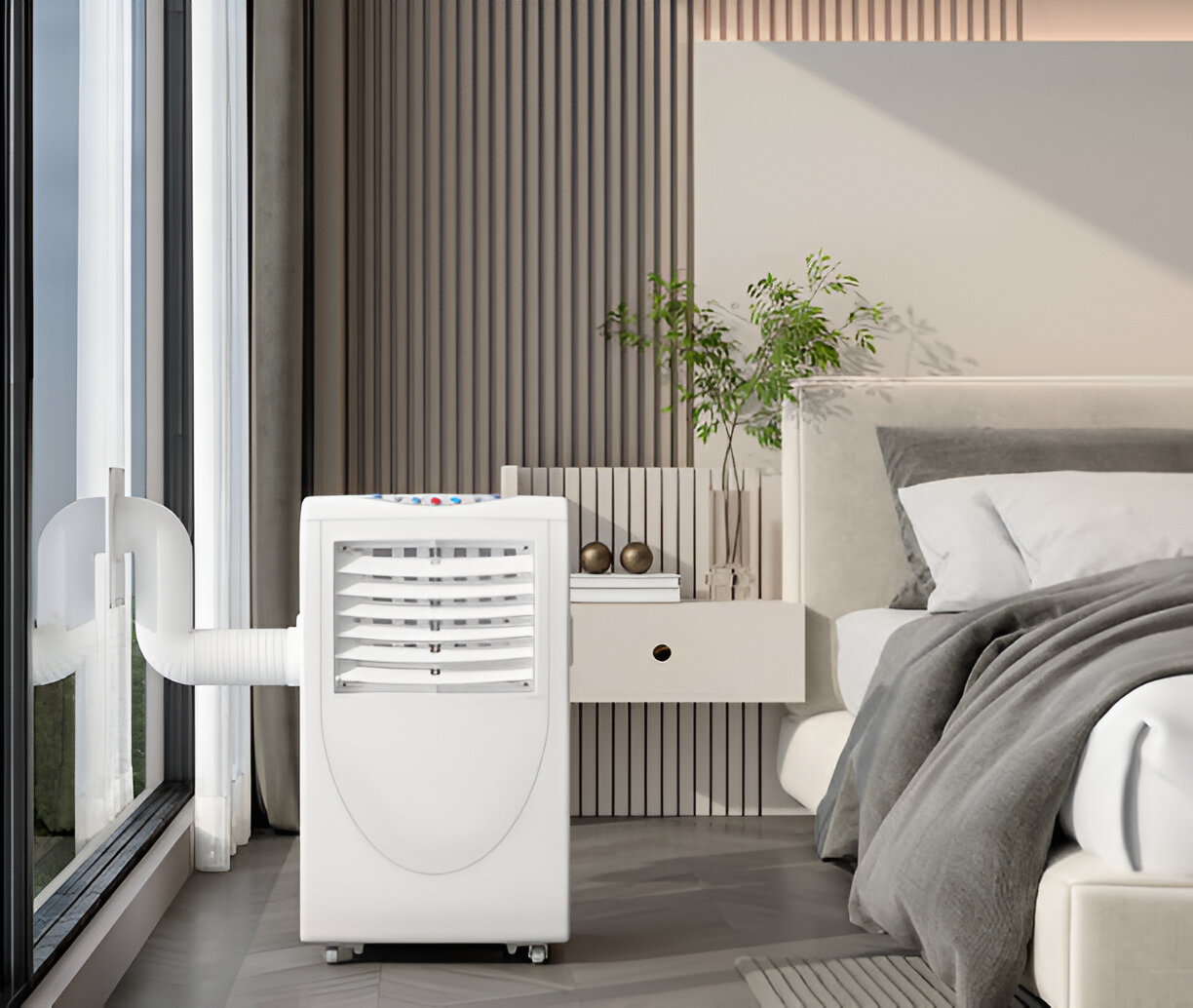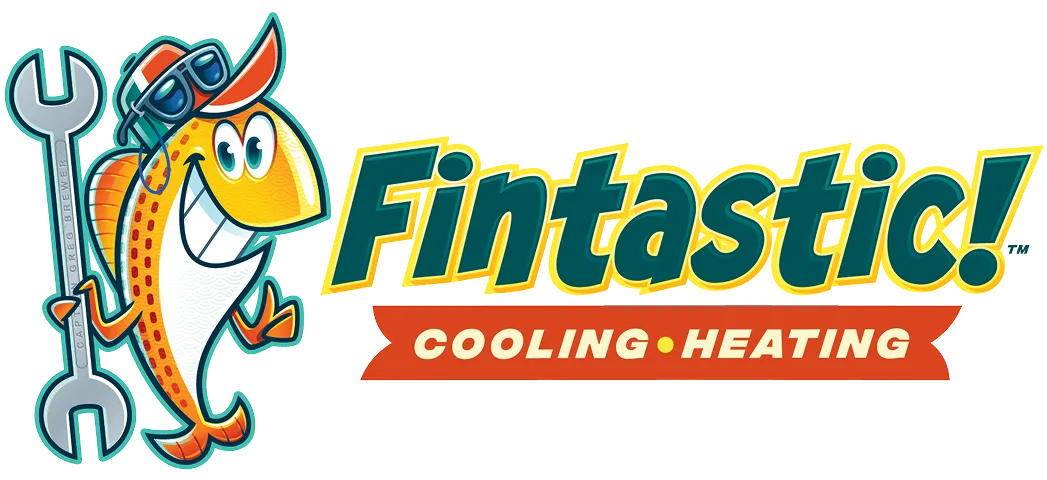Air Handler in Angleton, TX
Air Handler in Angleton, TX
An air handler is the indoor heart of your home comfort system. In Angleton, TX, where humid Gulf Coast conditions, hot summers, and occasional storms place extra demand on HVAC equipment, choosing the right air handler and keeping it well maintained has a direct impact on comfort, indoor air quality, and operating costs.

How an air handler works and what it contains
An air handler circulates conditioned air through your ducts and home. It does not create cold or heat by itself but houses the indoor coil that works with an outdoor condensing unit for cooling, or connects to a furnace for heating in some systems. Key components include:
- Blower motor and fan: Moves air through ductwork. Variable-speed or ECM motors improve comfort and efficiency.
- Evaporator coil: Transfers heat from indoor air to refrigerant for cooling.
- Filter rack: Holds filters that protect the coil and improve indoor air quality.
- Condensate drain pan and drain: Collects and routes away moisture removed from the air.
- Control board and access panels: Manage blower operation, sensors, and diagnostics.
- Optional add-ons: Humidifiers, UV lights, electronic air cleaners, and zoning dampers.
Understanding these parts helps when diagnosing issues or comparing replacement units.
Common air handler types and models
Air handlers vary by application and performance features. Common types you will see in Angleton homes include:
- Split-system air handlers paired with outdoor condensing units (most common for central AC).
- Packaged rooftop or horizontal units used in specific installations or small commercial spaces.
- Multi-speed or variable-speed air handlers for better humidity control and quieter operation.
- Compact air handlers for tight spaces or retrofit jobs.
Many homeowners choose air handlers with an electronically commutated motor (ECM) or variable-speed blower because they maintain steady airflow, reduce short-cycling, and support better humidity control during hot, humid Texas summers.
Choosing the right air handler for your Angleton home
Selecting an air handler depends on system compatibility, home size, ductwork, and local climate needs.
Sizing and airflow
- Correct sizing is essential. Air handlers are matched to system tonnage and should deliver about 400 to 450 CFM per ton of cooling for typical installations, though exact numbers depend on home layout and insulation.
- Oversized air handlers can lead to noisy operation and poor humidity control. Undersized units struggle to meet demand.
Home size and layout
- Small homes and efficient, well-sealed houses may do well with single-stage or variable-speed units sized accurately to load calculations.
- Larger or multi-level homes often benefit from variable-speed units and zoning to balance comfort across areas.
Ductwork and retrofit considerations
- Inspect existing ductwork for leaks, insulation, and proper sizing. Poor ducts negate many benefits of a high-efficiency air handler.
- In historic Angleton homes or tight attics, a compact or horizontally oriented air handler may be required.
Local climate factors
- Angleton’s high humidity and prolonged cooling season make humidity control a priority. Air handlers with variable-speed fans maintain better dehumidification.
- Coastal proximity increases the risk of corrosion. Choose corrosion-resistant coatings or materials if your home is exposed to salt air.
Energy efficiency and compatibility with existing HVAC equipment
Air handler selection affects efficiency beyond the outdoor unit’s SEER rating. Consider these features:
- ECM and variable-speed blowers: Lower electrical consumption and maintain steady airflow, improving comfort and reducing run times.
- Matched indoor coil: The indoor coil should be matched to the outdoor condenser for optimal refrigerant charge and performance.
- Controls compatibility: Ensure the air handler control board works with your thermostat type, smart thermostats, and zoned systems.
- Humidity control: Units designed for slow, continuous airflow help remove more moisture during Angleton’s humid months.
- Filtration: Higher MERV filters improve air quality but can increase static pressure. Confirm the blower can handle upgraded filters or use media filters with low pressure drop.
Remember that upgrading your air handler can improve overall system efficiency even if the outdoor unit remains the same, provided components are compatible and properly sized.
Maintenance, diagnostics, and common issues in Angleton
Routine maintenance keeps air handlers operating efficiently and prevents costly failures. Typical services and checks include:
- Replace or clean filters every 1 to 3 months depending on use and filter type.
- Inspect and clean evaporator coil annually to maintain heat transfer efficiency.
- Check and clear condensate drain and pan to prevent overflow and microbial growth.
- Inspect blower wheel and motor, lubricate if required, and test motor operation.
- Verify control board diagnostics, sensor readings, and proper fan speed operation.
- Test airflow and static pressure to confirm proper system performance.
Common air handler problems in Angleton
- Poor airflow or weak cooling: Often caused by dirty filters, blower issues, or duct leaks.
- Excessive humidity or condensation issues: Results from short-cycling, improper fan speeds, or undersized systems.
- Corrosion and coil damage: Salt air and humidity can accelerate corrosion on coils and pans in coastal areas.
- Clogged condensate drains: Leads to water backup and possible damage to ceilings or cabinets.
- Electrical or control failures: Age, storms, or power fluctuations can damage control boards or motors.
When to repair versus replace
Consider replacement when:
- The air handler is older than 10 to 15 years and needs frequent repairs.
- Efficiency upgrades like a variable-speed blower would significantly improve comfort and reduce energy use.
- Corrosion or structural damage compromises performance or causes recurring leaks.
- The existing unit cannot be matched effectively to a new outdoor condenser for proper system operation.
Repair is appropriate for isolated issues such as a failed capacitor, clogged drain, or blower motor that can be fixed economically and if the unit otherwise meets your home needs.
Why timely air handler decisions matter in Angleton, TX
Choosing the right air handler and keeping it maintained improves comfort, reduces energy costs, and protects indoor air quality in Angleton homes. Proper sizing and compatibility with outdoor equipment prevent short-cycling and humidity problems that are common in the Gulf Coast climate. Regular maintenance lowers the chance of emergency failures during the hottest months and extends equipment life, while corrosion-resistant options and careful drainage planning reduce risks related to coastal weather and flooding.
Taking an informed, expert approach to selecting, installing, and maintaining your air handler ensures reliable performance in Angleton, improves home comfort year round, and helps keep operating costs under control.
Customer Testimonials
Our customers praise our exceptional service and attention to detail, consistently exceeding expectations.































































